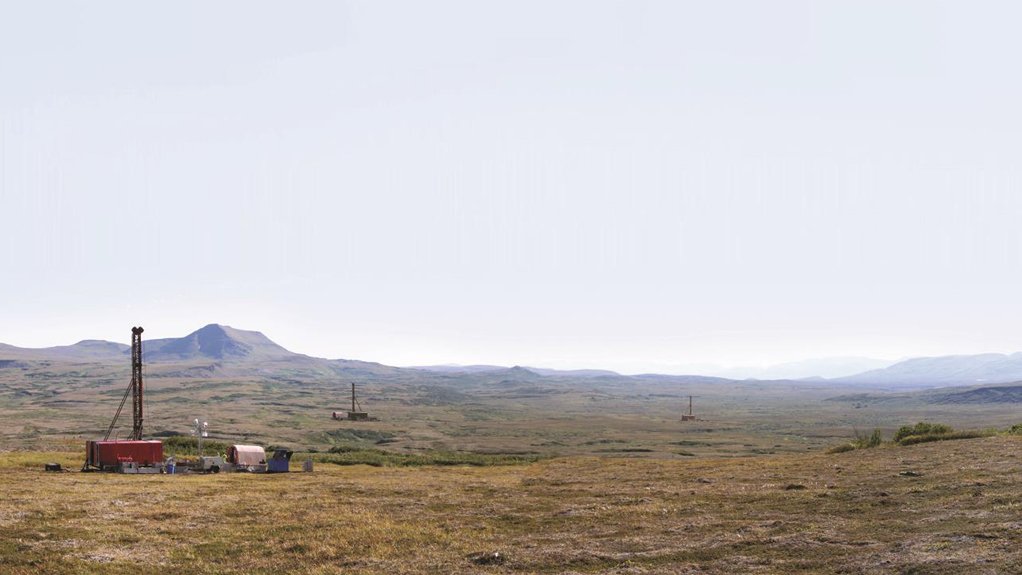
The Biden administration is outlining new pollution restrictions that would thwart a long-stalled plan to mine for gold near Alaska’s Bristol Bay.
Under the proposed requirements, the Environmental Protection Agency (EPA) would broadly bar developers of the planned Pebble mine from disposing waste near the site because of the potential harm to the area’s thriving, $2-billion salmon fishery.
The decision is another blow for Pebble Limited Partnership, a subsidiary of Northern Dynasty Minerals that has been seeking for years to extract gold, copper and molybdenum from an area of southwestern Alaska that drains into Bristol Bay. It represents a victory for environmental activists and native Alaskans who say industrial mining operations threaten a pristine watershed.
“Bristol Bay and the thousands of people who rely on it deserve the highest level of protection,” EPA Region 10 Administrator Casey Sixkiller said in a news release. “Two decades of scientific study show us that mining the Pebble deposit would cause permanent damage to an ecosystem that supports a renewable economic powerhouse and has sustained fishing cultures since time immemorial.”
The EPA’s move effectively revives and updates restrictions once proposed under former President Barack Obama to the dismay of Pebble Mine supporters who cast them as a preemptive veto of the project. The agency will now take public feedback on its plan.
As part of a court settlement in 2017, the EPA agreed to consider withdrawing the Obama-era restrictions, and two years later, the Trump administration yanked the proposed controls. A federal judge last year sent the issue back to the EPA for reconsideration.
Conservationists have lobbied the Biden administration to definitively kill the proposed mine by wielding the EPA’s broad authority under the Clean Water Act to veto projects involving the discharge of dredged material.
Investors separately sued the company, arguing it misled the public about the size of the mine.


